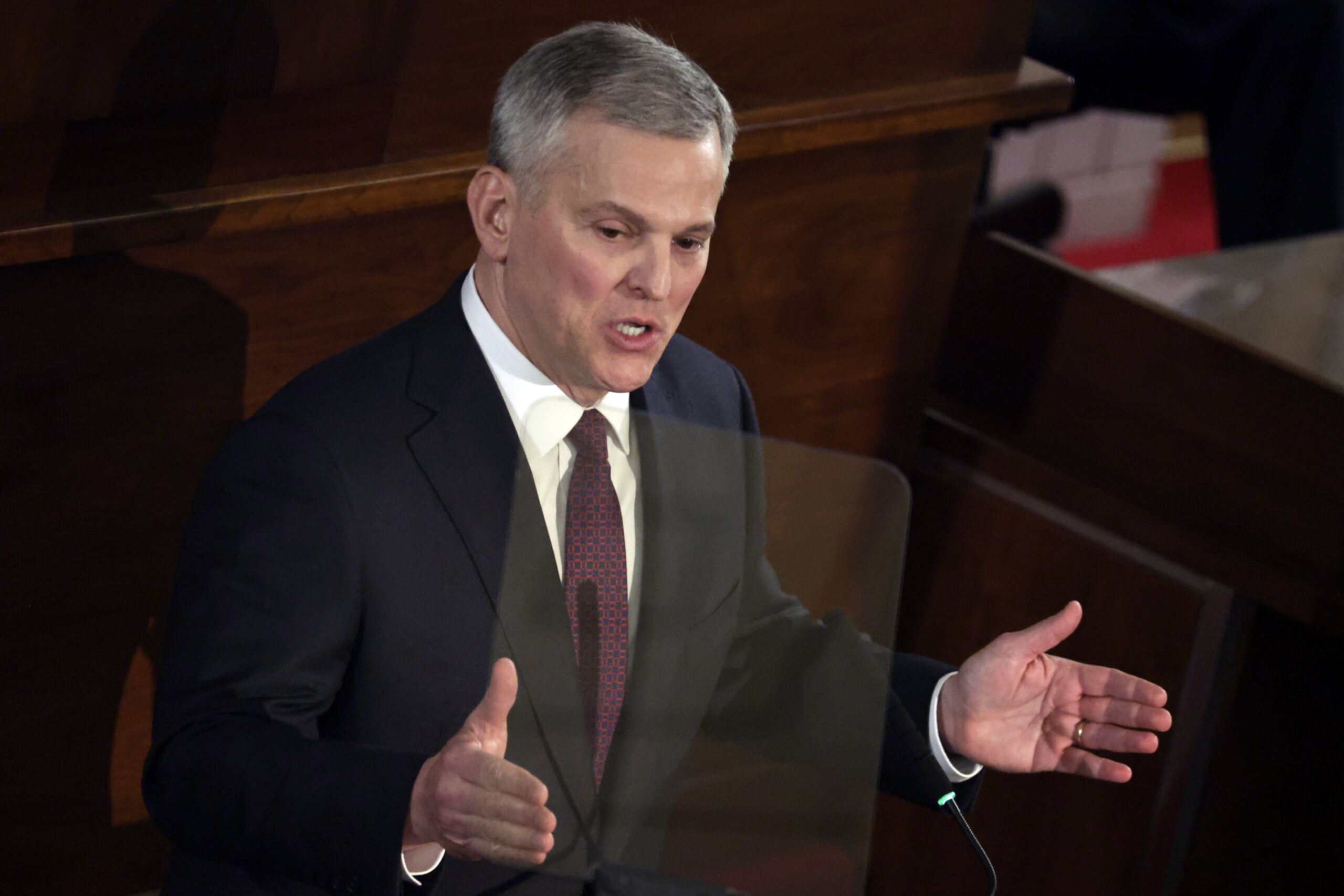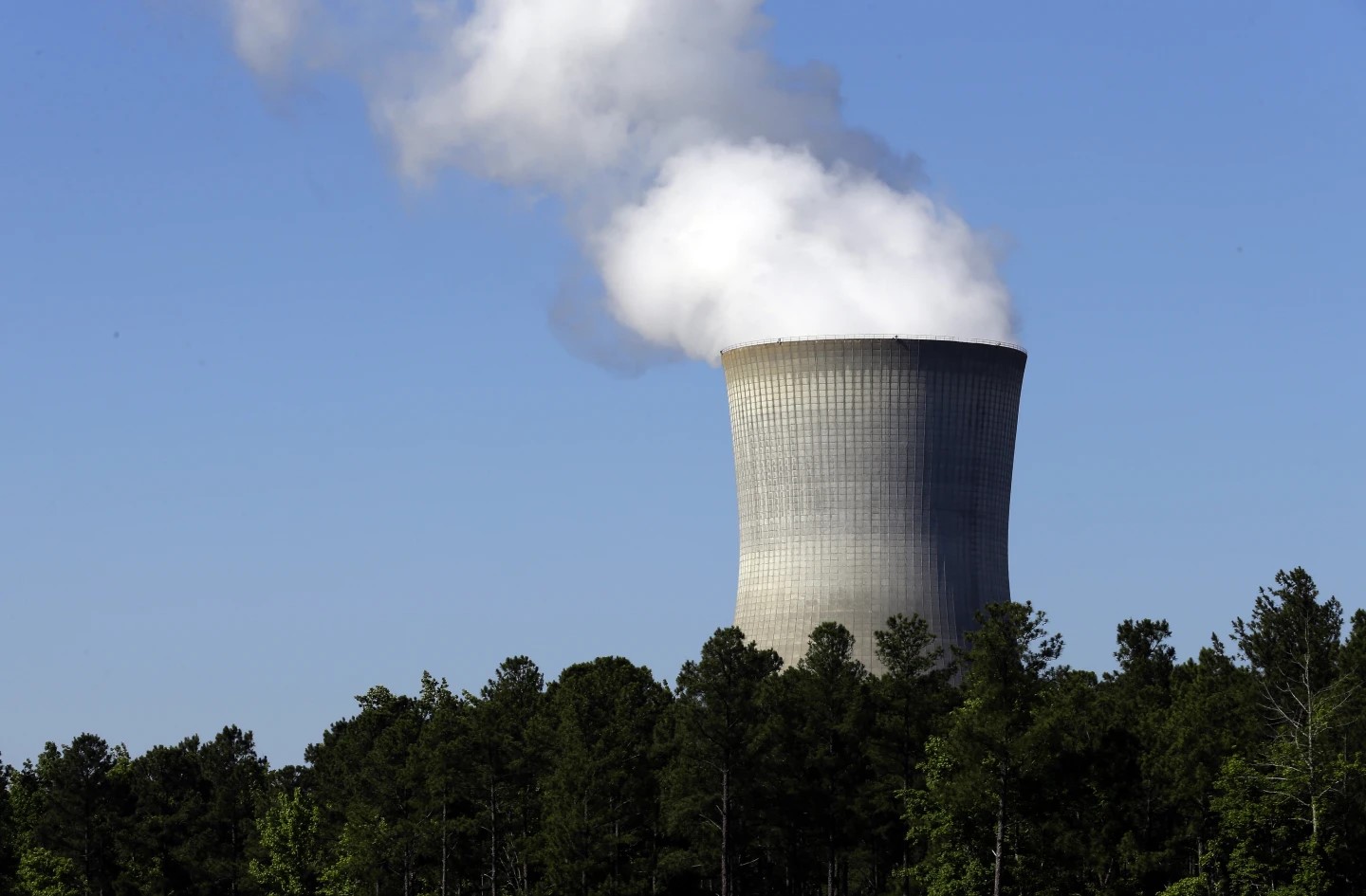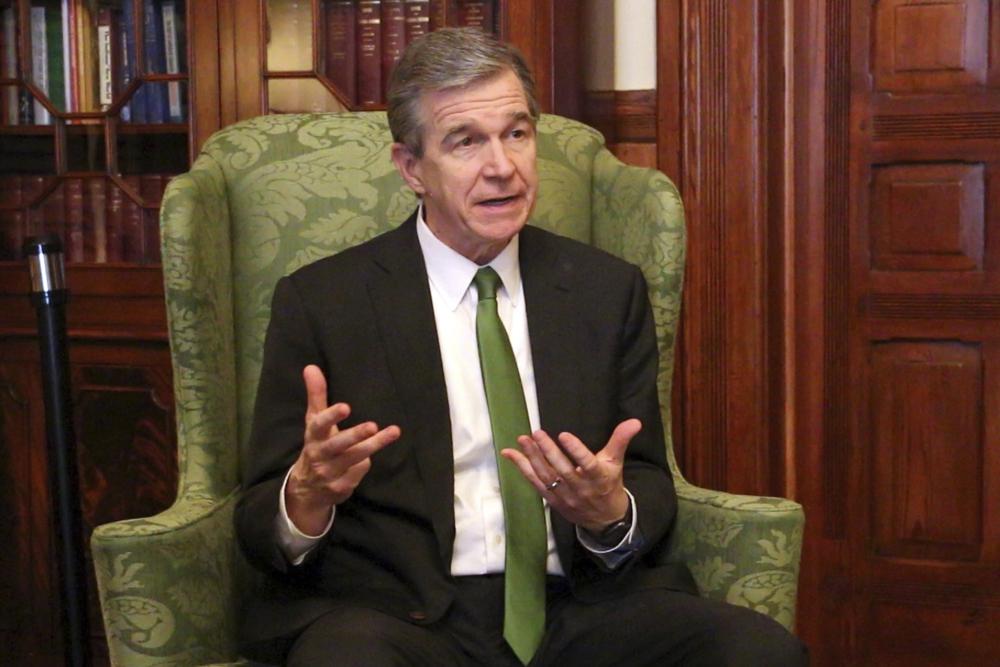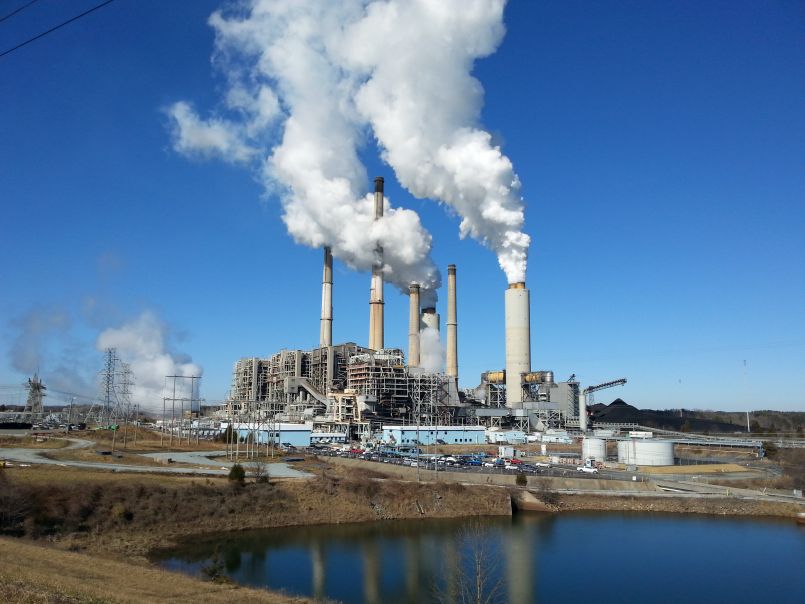Written by GARY D. ROBERTSON
North Carolina textile executives joined advocates for the environment and the poor on Monday to urge state legislators to reject a major energy bill pushed by House Republicans.
The coalition held a news conference to criticize the wide-ranging proposal, which would order an early retirement of several coal-fired plants operated by Duke Energy subsidiaries. The bill, which got a committee hearing earlier this month, also would expand solar production and allow the electric utility to seek multiyear rate increases from the North Carolina Utilities Commission.
Textile companies are worried about the financial expense the likely rate increases would have upon Duke Energy customers like themselves. They warned the burden would be so great it would discourage efforts to expand in the state.
North Carolina is home to 30,000 textile industry positions, which in turn support 90,000 additional related jobs, Dan Nation with Gastonia-based yarn maker Parkdale Mills said. Significantly higher electricity costs would push industry investments out of North Carolina and into other states, Nation said.
The executives cite an analysis performed for the Carolina Utility Customers Association, a trade group for industrial and manufacturing ratepayers, that says the debated measure would result in a 50% increase in electric bills over 10 years if it became law.
“This bill will affect both our business as well as our families. It will make it harder for us to operate as a going business,” Brian Rosenstein, the CEO of TSG Finishing, which employs about 200 workers, with plants in Catawba County. Many textile companies struggled during the COVID-19 pandemic.
The 50% projection contrasts with an analysis of the measure by the public staff of the Utilities Commission, dated last week. For example, cumulative retail rate increases by 2035 as projected in the public staff’s analysis are half or well under half of what was calculated for the association.
The competing analyses appear to have differing assumptions, including whether to calculate expenses related to modernizing the state’s energy grid. The Carolina Utility Customers Association stood by its analysis on Monday while calling on bill sponsors to consider other ideas, including the development of market competition for electricity production.
Duke Energy praised the public staff’s analysis, which also estimates the bill would contribute to a 64% reduction in power-sector greenhouse gas emissions in the state by 2030 compared to 2005 levels.
“We applaud the legislative sponsors and stakeholders for finding a balanced approach that will protect against price spikes, ensure continued reliability and maintain North Carolina’s competitive edge,” Duke Energy said in a news release.
Representatives of the North Carolina Justice Center and the Southern Environmental Law Center also spoke in opposition to the bill on Monday. Environmental groups argue the measure handcuffs the state’s energy future by forcing too many coal-fired plants to transition to natural gas to power electric generation and weakens the Utilities Commission.
Democratic Gov. Roy Cooper opposes the House GOP proposal, saying it would cost too much and fail to meet clean energy goals. His energy plan would reduce power-sector carbon emissions by 70% by 2030 compared to 2005 levels. He told Republicans to go back to the drawing board and get input from a broader array of interested parties.
The bill’s sponsors have said they welcomed constructive criticism but believed the measure represented a reasonable “all of the above” strategy that relies on natural gas, batteries and solar and nuclear power.









